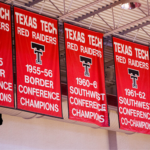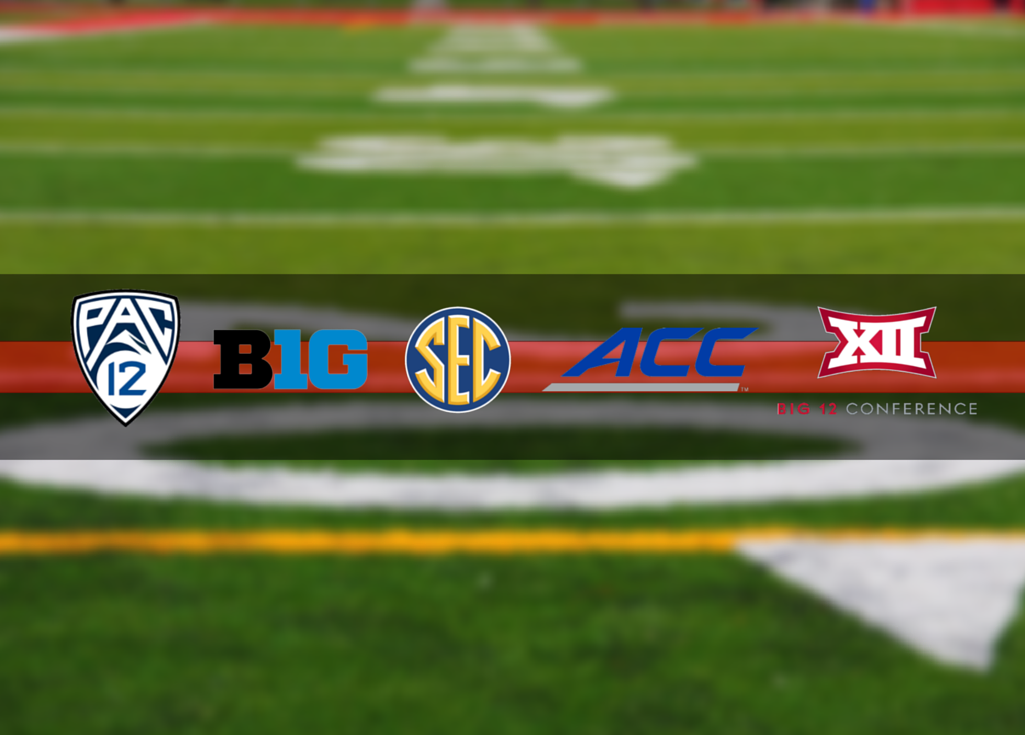• AAS’s Brian Davis has the story on how a handful of prominent Texas politicians stated they would be in favor of adding Houston to the Big 12, however, there appears to be a catch:
The show of political collaboration comes at a delicate time in the academic relationship between Texas and Houston. UT System Chancellor Bill McRaven angered University of Houston officials with a surprising purchase of 332 acres south of the Texas Medical Center in Houston last year. So far, UT has yet to outline its long-term plans.
An official close to the deliberations told the American-Statesman that Houston officials have signaled they would drop opposition to the construction of a UT satellite campus on that land in exchange for help in getting into the Big 12.
“I have talked to boosters of the university who have floated that concept,” said Rep. Garnet Coleman, a Democrat who lives five blocks from the University of Houston campus. “In these circumstances, people use the tools that they have, and that’s one of the tools the University of Houston has. All’s fair in love and war.
“They didn’t ask anybody before they came and did that,” Coleman added. “I’ve always said there’s a deal there. A deal could be made. It can be. This is not an impossible thing.”
There are several denials from other politicians, but after sitting in the same room as my wife as she watches Scandal and Madame Secretary, yeah, this is totally plausible. Also, it takes eight Big 12 conference members to approve expansion. At some point, Texas Tech is going to have to do what’s best for Texas Tech and not simply follow along what the Longhorns want because they have no interest in anyone but themselves (and I don’t have a problem with that).
• College Hotline’s Jon Wilner thinks that the next bit of expansion is going to be 4 teams, but thinks that college athletics could be headed to a massive realignment in 6 to 8 years:
This could all be a preview of the massive Power 5 realignment wave looming in six or eight years, as the P5s position themselves for new Tier 1 deals.
Will we see a repeat of the frenzy that struck in 2010-11? It all depends on two words: market forces.
Back then, the small number of content distributors — ESPN and Fox as the leads, with a dash of Comcast and CBS — forced the conference to get bigger in order to maximize value. (Shrinking supply = increased demand.)
That could be the route to riches again, but there’s no guarantee — technology and consumer behavior may well alter the dynamic before the 2023-24 negotiating windows.
This makes a ton of sense.
• The Commercial Appeal’s Geoff Calkins makes Memphis’ case in the Big 12 while disparaging the other candidates. This article is a bit dated, but a bit more timely now than when it was written given that things aren’t so speculative now.
• CBS Sports’ Jon Solomon notes the means by which colleges will aspire in order to get into the Big 12:
A Power Five invite is why Memphis has FedEx vowing to sponsor the Big 12 Championship Game and the school promising $500 million in academic and athletic infrastructure improvements over the next five years.
It’s why BYU touts its national reach compared to the competitors by talking up the school’s high football TV ratings and football and basketball attendance.
It’s why Cincinnati spent $86 million to expand its football stadium with new luxury suites and sells itself as a good geographic partner for West Virginia.
It’s why Colorado State hired football assistants from the SEC to be head coaches, is building a $238.5 million football stadium scheduled to open in 2017, and touts a large Big 12 alumni base.
It’s why Houston built a 40,000-seat football stadium, has made $240 million in facility improvements, paid Tom Herman $3 million a year to stick around, and sells its location in America’s fourth-largest city as a huge plus for TV and recruiting.
• CBS Sports’ Dennis Dodds writes about why the Longhorns changed their mind about expansion and ranks the potential candidates for expansion. BYU, UConn, Houston and Cincinnati are his top four teams for expansion, with Central Florida coming in fifth and Memphis sixth.
• FOX Sports’ Stewart Mandel in his weekly mailbag gives his two cents on the expansion candidates:
If the goal is to bring in two to four programs best equipped to boost the overall quality of Big 12 football, be it based on past success and/or recruiting base and support, my list would be: 1) BYU, 2) Houston, 3) Boise State, 4) Cincinnati.
If the goal is to enter new TV markets so as to better position the league for future contract negotiations, but without unnecessarily diluting the football product, I’d go: 1) UCF, 2) USF, 3) Cincinnati, 4) Connecticut.
If the goal is to tap into corporations and/or boosters eager to pump money into their programs and by extension the conference, then it’s 1) Memphis, 2) Memphis, 3) Memphis, 4) Houston.
Finally, if you’re asking me for my own personal recommendation based on some combination of the above, it would be 1) Cincinnati, 2) UCF, 3) BYU, 4) Houston. Unfortunately, I don’t think the Cougars have much chance due to the Texas’ schools’ fears about empowering another state school (look how quickly TCU rose up and started stealing their thunder), and I don’t sense much traction for UCF. UConn and Memphis probably have a better chance than either of those two, and perhaps even Colorado State as well.
• Gridiron Now’s Chad Scott has seven statements about Big 12 expansion, dispelling the idea that BYU is really an option, that the Big 12 could really implode at any time if any of the other conferences offered and then these two items:
6. “After all is said and done, more is said than done.” This quote is attributed to Greek storyteller Aesop and applies perfectly to conference realignment. Between now and whenever the Big 12 decides to act, or not act, you’ll hear any number of fantastic rumors. Remember, far more of these rumors will prove inaccurate than accurate.
7. Cincinnati will be among the schools the Big 12 adds if it moves forward with expansion.










